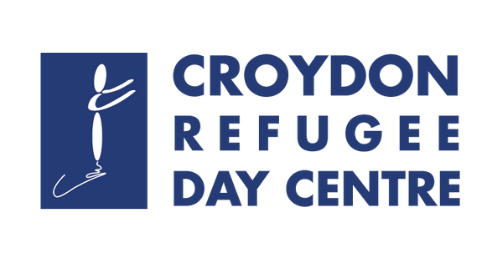For teachers
Principles to bear in mind when discussing Refugee Issues in a lesson, assembly or public setting.
Terminology
New Arrivals are “Asylum Seekers” until their “Refugee status” is granted (or not) by the Home Office, usually 2 or 3 years after their arrival.
The 1951 Refugee Convention (a key legal document) defines a refugee as: “someone who is unable or unwilling to return to their country of origin owing to a well-founded fear of being persecuted for reasons of race, religion, nationality, membership of a particular social group, or political opinion.”
Economic Migrants have moved from their country looking for a way to earn more money; maybe at home harsh conditions mean it is impossible to earn enough to support their family. BBC bitesize has some examples from History: https://www.bbc.co.uk/bitesize/guides/z2mn2p3/revision/3
Internally Displaced people remain in their own country but have to leave their home and flee to a different area to avoid danger. Malala said in 2019 “there are 68.5 million people who are displaced and only around 24 million are refugees”.
Myths and misconceptions
“Everyone wants to come to the UK”
The vast majority of Refugees remain in a neighbouring country rather than travelling to Europe (85% of all refugees are hosted in developing regions according to Amnesty). The top 6 refugee hosting countries (depending on how you measure it) are Lebanon, Jordan, Turkey, Pakistan, Sudan and Colombia.
Almost every Asylum Seeker I meet finds the UK a bit cold and grey and depressing and are keen to show beautiful photos of their home. In their home country there was usually a rich and full life…beloved grandparents and cousins, foods they loved, stunning scenery, friends, hobbies, a precious home and complex culture that for some compelling reason had to be left behind.
“Refugees are all the same / refugees only come from war-torn countires”
Just as you would never generalise a whole section of the population “Year 6s are all the same”, the only characteristic shared by refugees that they’ve left their homes and had to go on a long journey.
A Syrian child from Damascus may have had bombs dropped on their school, or the stairwell outside their front door taken over by snipers. A Turkish dad might be a University Lecturer with a PhD in Civil Engineering or a school teacher who was noticed reading a certain book, a Kuwaiti dad may never have been allowed to go to school despite being desperate for an education, a muscular dad from DRC may have been a body-guard to a previous president and therefore in danger from the new one.
A young Iranian man may have fled because they are gay and were at risk of violence, an Eritrean may have fled forced Army conscription, a Russian may have written a political Instagram post that someone powerful disagreed with. A Muslim in China might have fled because of their faith, or a Christian in Pakistan.
Many countries with a stable government also have the death penalty for being gay. Also your life/ family may be in danger if you criticise the government or were a member of the opposition party or belong to a certain religion or hold a certain ideology, even in countries that are not regularly in the UK news for conflict. Or you may not have the right to education because of your social/ethnic class (Kuwaiti Biduun). Some people may have a very specific set of circumstances that compelled them to leave and seek safety here… and most of us in the UK won’t have seen any news coverage of these situations.
“Refugees just want benefits / want to stay in the UK for ever”
(Ouch!) Most Asylum Seekers who come to the UK had a decent job back home and are keen to work here and earn their living, but UK rules say they are not allowed to get a job until they receive their decision (maybe 2-4 years). While they are waiting, Asylum Seekers receive significantly less to live off than people who are on Universal Credit. Also it is almost impossible to open a Bank account, so most people cannot shop online (eg to buy school uniform). A couple I know who got their decision and quickly found jobs announced to me the day they paid their first tax to the UK government was the proudest day of their lives.
Many of our folk are desperate to return to their beloved home the instant it is safe.
